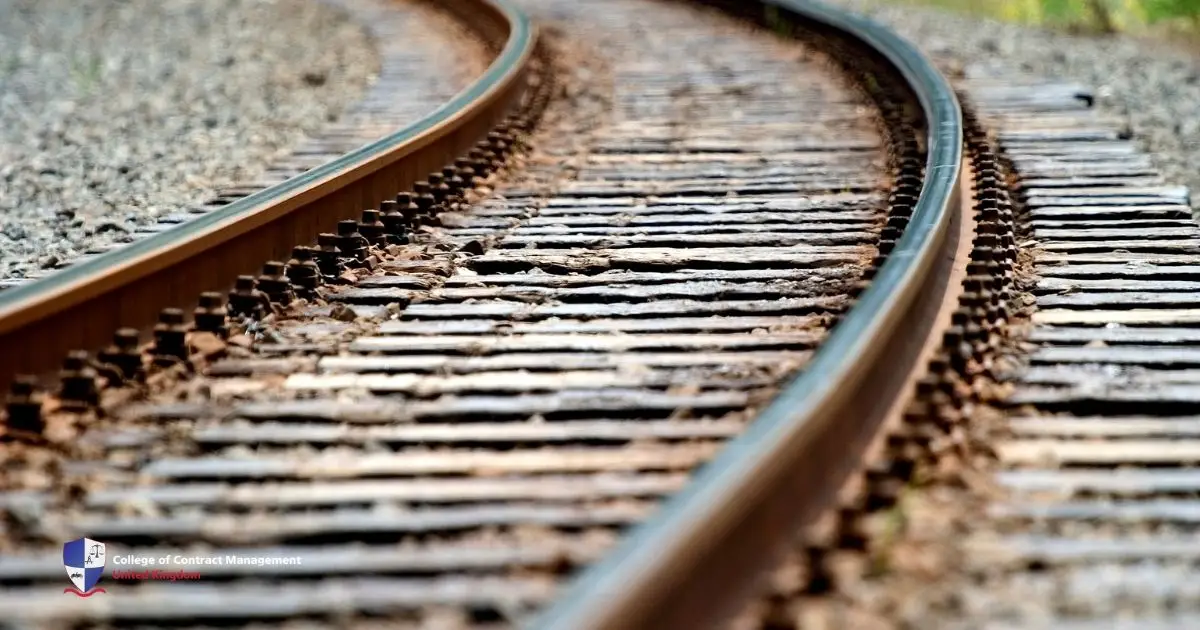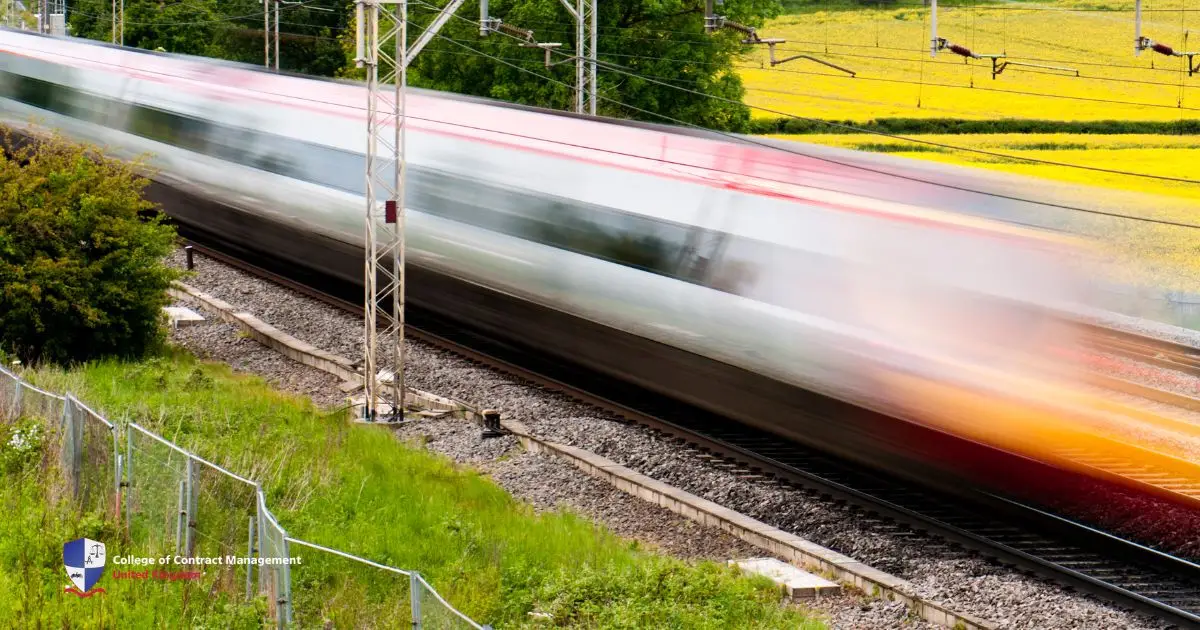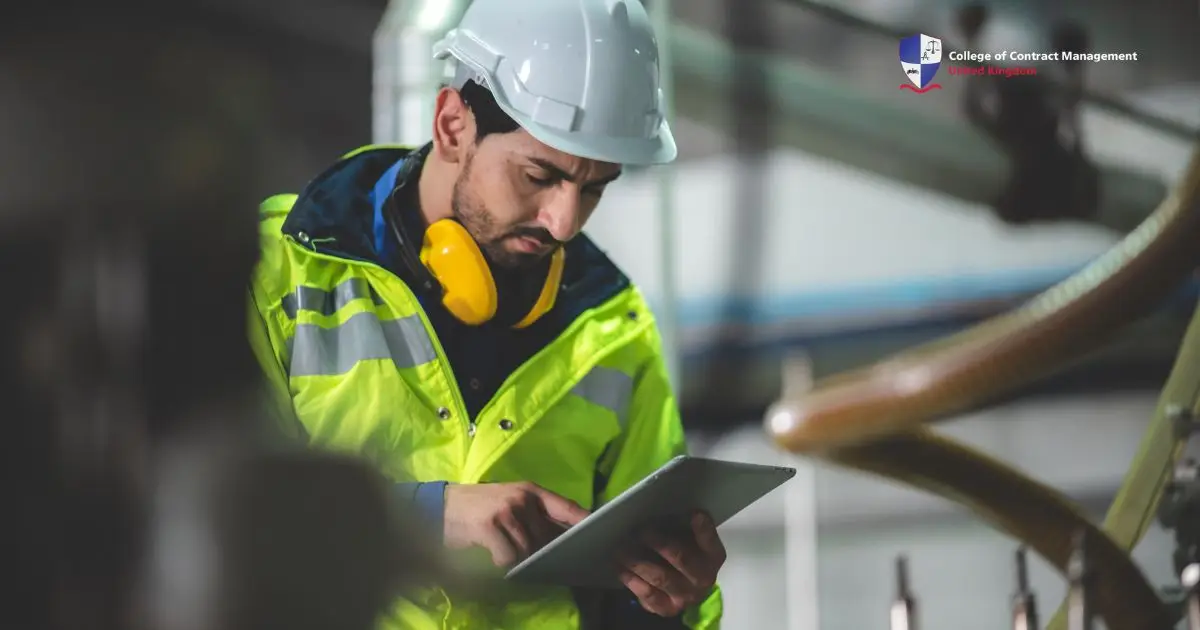When you are on a train journey, have you pondered about how the train works? Of course, the question isn’t inviting you to jot down every single task of every person working as a railway operator. Rather, this article is going to focus on network rail jobs that most people aren’t aware of.
As a matter of fact, network rail jobs play such crucial roles in ensuring that all passengers arrive safely and on time. If one of the jobs doesn’t perform well, it seems unimaginable how this will disrupt train trips and the passengers. The duties in this field are complex and closely tied to one another, and this article digs deeper to add your insights.
What are network rail jobs?
Network rail jobs revolve around the railway sector, which aims to make all journeys smooth and secure. The tasks are quite diverse, from signalling to engineering ones. This leads to a career ladder that depends on the scope of work and the level of difficulty of every subject.
Staff on network rail jobs on track maintenance have different career stages than those working in the engineering section. In addition, the professions include those mostly working inside offices, such as project management and customer service. Let’s study more about the jobs that may become your alternative options in the future.
What network rail jobs do
There are three big sectors within network rail jobs that produce smaller yet essential duties. They are operation, maintenance, and management roles. All of them play equal parts for the successful train business in every country in the world. It is the sector that becomes the lifeline for countless citizens in any given place.
Many depend on trains for their daily commute. It’s the cheapest and fastest mass of public transportation. It can carry millions of passengers every day. And yet, it involves multifaceted tasks that require precision and solid teamwork from every team member. Below are details of the jobs that all people as train passengers must be thankful for:
1. Signalling
Signal is very important because it ensures all trains move along their direct courses. Moreover, the signal is a train traffic light to keep all of them at good distances so they won’t hit each other. As one of the network rail jobs, railway signallers operate the signalling system and observe transit movement. They also have to fix issues about signalling when they arise.
2. Track keeping
One of the next network rail jobs is related to engineering tasks. As the railway is about infrastructure, engineers work to guarantee all tracks are in good condition. They check the pathways and repair and replace track components regularly. Sometimes, engineers examine train stations, bridges, and tunnels as they pass them during their journeys.
3. Railway construction
Network rail jobs can also be about designing and building new railway routes. Civil engineers are usually the ones who perform assignments that may take months or even years to complete. They have to conduct a feasibility study before kicking off the projects. After the railway buildings are over, they have to ensure the new ones can take up maximum passengers at peak hours.
4. Operation
Technicians stand by, ready every day within 24 hours to ensure all operations run smoothly. They take charge of simple technical tasks, such as electrical connections among the cables and train schedules. Their jobs may seem small, but they make big impacts on smooth rides and punctual departures and arrivals.
5. Customer service
Network rail jobs aren’t just about technical and operation tasks. Employees in the customer service section play an essential part as well. They directly deal with passengers and other external parties. Their responsibilities include giving information on tickets, train schedules, and station facilities. Probably, their greatest challenge lies in responding to the passengers’ complaints about delayed train schedules.
6. Data analysis
Data analysis belongs to the support role of network rail jobs. All data regarding train journeys will serve as insights to improve railway performance and serve passengers better. It includes the number of delayed train trips every day. If the figure is high, of course, the operator has to work harder to narrow the number.
7. Business Performance
This segment includes finance and business analysis to assess the overall budget and business operations of the railway company. As one of the network rail jobs, employees for this role calculate daily revenues, operating expenses, and profits. Sometimes, they must formulate ways to prevent the loss or business strategies to bring in more cash.
Qualifications needed for network rail jobs
As you can read above, the network rail jobs offer vast opportunities. The positions are open for graduates from many subjects. Let’s take engineering roles as the start. The positions require you to have a bachelor’s degree in Civil, Electrical and Mechanical Engineering. If you wish to study deeper, taking courses in this field is such a good idea.
For support roles like finance, the company usually requires you to have a degree in Finance Business Management or related fields. Your knowledge and skills will be valuable to maintain the firm's healthy financial condition. Your input for the business sector will help the directors and managers to arrive at sound decisions.
Aside from academic qualifications, some network rail jobs require you to travel for training purposes. Some roles necessitate night shifts, such as in the signalling sector and operators. You may also need to stay alert to provide instant solutions when train accidents happen. Thus, if you wish to work in the sector, you need to think about the unexpected conditions.
Salaries for working in network rail jobs
In the UK, network rail jobs offer diverse salary ranges depending on the roles, experiences, and locations. Let’s first discuss entry-level jobs. Beginners of civil engineering jobs can get £20,500 on average annually. First-time technicians' salaries can be between £27,470 and £44,225. Rail workers at the entry-level can earn around £23,506 each year.
For mid-level roles, engineers can take salaries from around £39K to £48K every year. For maintenance engineers, the payments can range between around £25.5K to 63.6K annually. Project managers at this level deserve to get from around £29,971 to £82,090 every year. Lastly, signallers will get from around £31.7K to 57.0K annually.
Salaries in senior or executive roles are usually higher than those in the entry and mid-levels. For example, delivery directors can earn £83,730 annually on average. Senior delivery managers deserve to get around £50.00 per hour on average. Meanwhile, the staff for the Rail Signalling Maintenance Testing Handbook (SMTH) can get between £42K and £51K every year.
Seize the network rail jobs with CCM
The College of Contract Management has several courses that answer all of your needs to become a reliable engineer. This role is so crucial for the railway infrastructure as it deals a lot with the safety and security of the passengers and all related parties. The teachers of the online college have comprehensive knowledge and skills that will enhance your competency for network rail jobs.
Courses in finance and accounting are also available if you are more interested in the business side of the sector. The experts will guide you step by step on how to apply the knowledge to ensure the sector is lucrative for the benefit of all. So, come join the training courses without having to leave your house!





